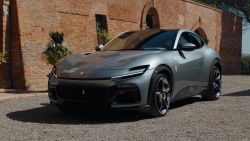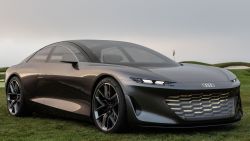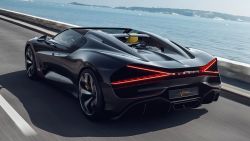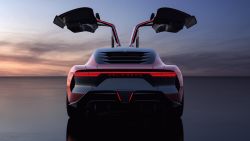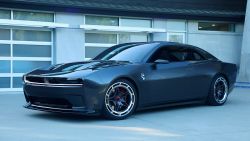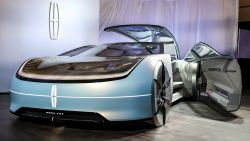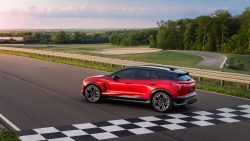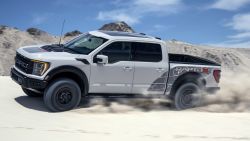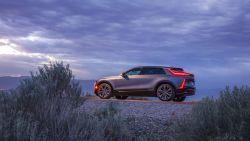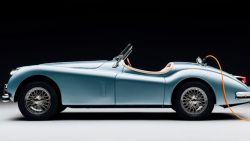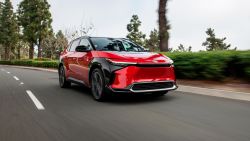For the all-electric luxury car and SUV market, this year’s release of the Jaguar I-Pace was just the beginning. Starting next year and continuing in 2020, Jaguar will start getting competition from brands like Audi, Mercedes-Benz, BMW, and Porsche. Tesla will also be raising the competitive bar even further.
Tesla hasn’t shown its smaller Model Y crossover yet, but an unveiling is expected next year and production, possibly, the year after.
Audi, meanwhile, will ramp up its electric lineup quickly. The Audi E-Tron SUV was unveiled in September. The German auto maker is already taking $1,000 deposits for the SUV, which will be available in the United States next spring.
The E-Tron was revealed at an event in San Francisco because the United States is expected to be the biggest market for the SUV, which has a starting price of $75,000. It was followed, just a couple of months later, by the unveiling of the Audi E-Tron GT, a sporty four-door car version that, Audi said offered a preview of a model set to go on sale in 2020. Audi’s electric lineup will also include the E-Tron Sportback, a sportier electric SUV that, Audi said, will go into production next year.
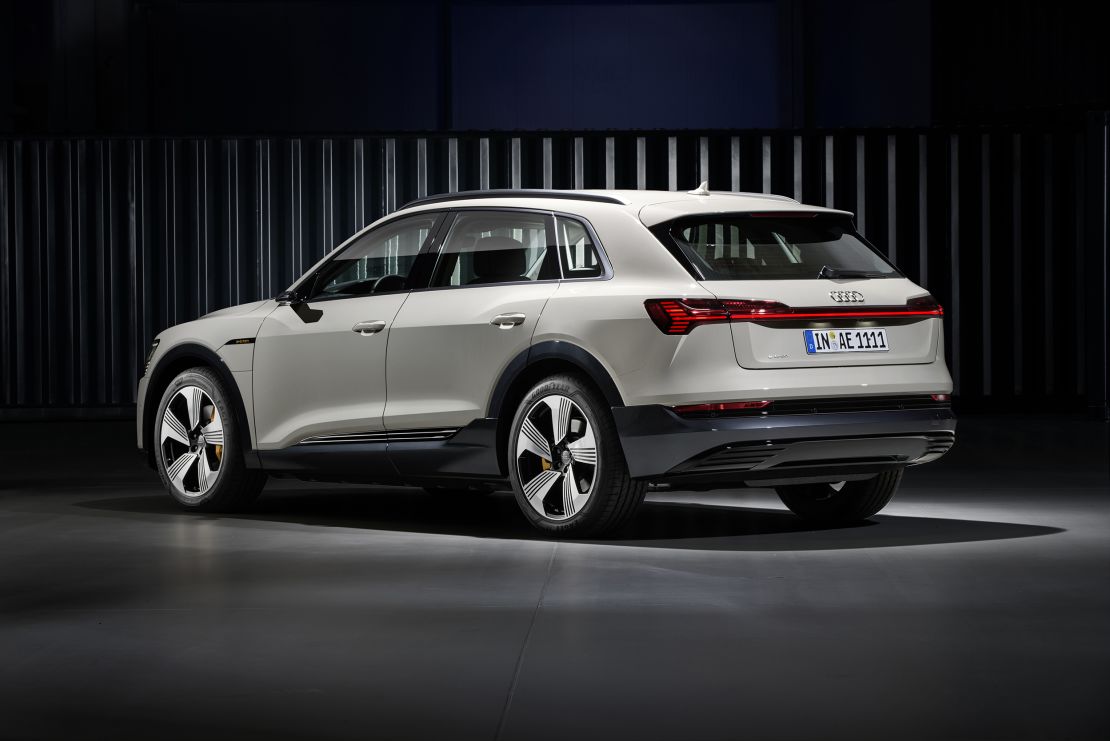
Mercedes also unveiled its first electric SUV this year. Like Audi’s E-Tron, the Mercedes-Benz EQC doesn’t look terribly different from the brand’s combustion-powered SUVs, but it has a slightly lower, sportier shape. It will go into production next year, but it won’t be available in the United States until 2020.
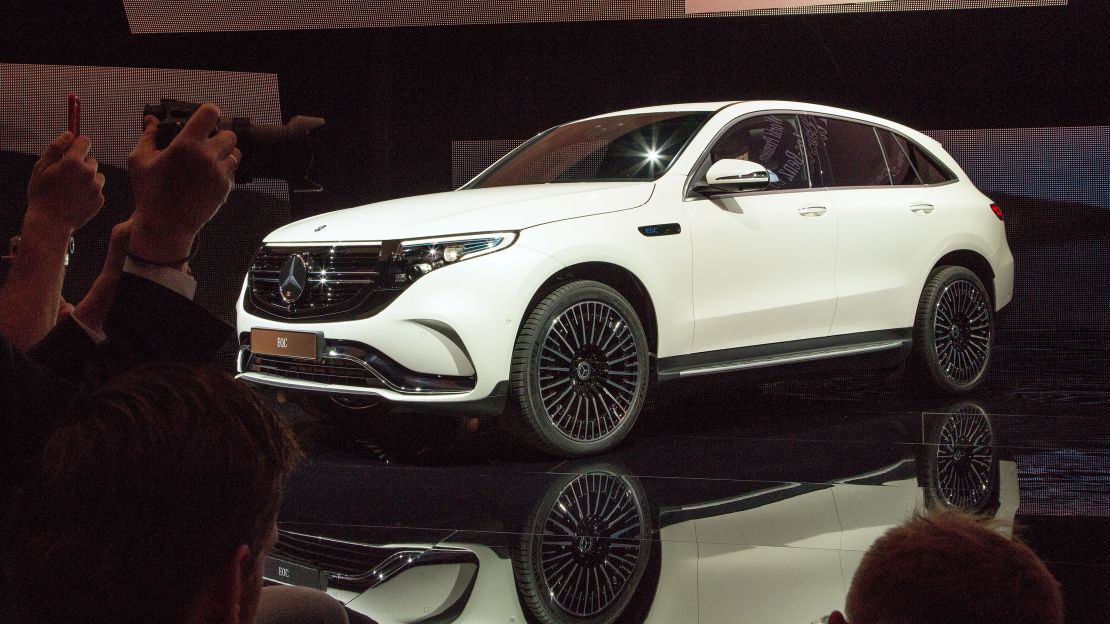
Porsche’s first fully electric car, the Taycan, will enter production at the end of next year. Porsche promises the 600 horsepower Taycan will provide a driving experience worthy of the Porsche brand. Capable of going from zero to 60 miles an hour in 3.5 seconds it won’t be the quickest electric car you can buy – still, amazingly quick by any normal standards – but it will be capable of “a level of continuous power unmatched by any other electric vehicle,” the company has said. In other words, you’ll be able to actually have fun with it while still getting decent driving range.
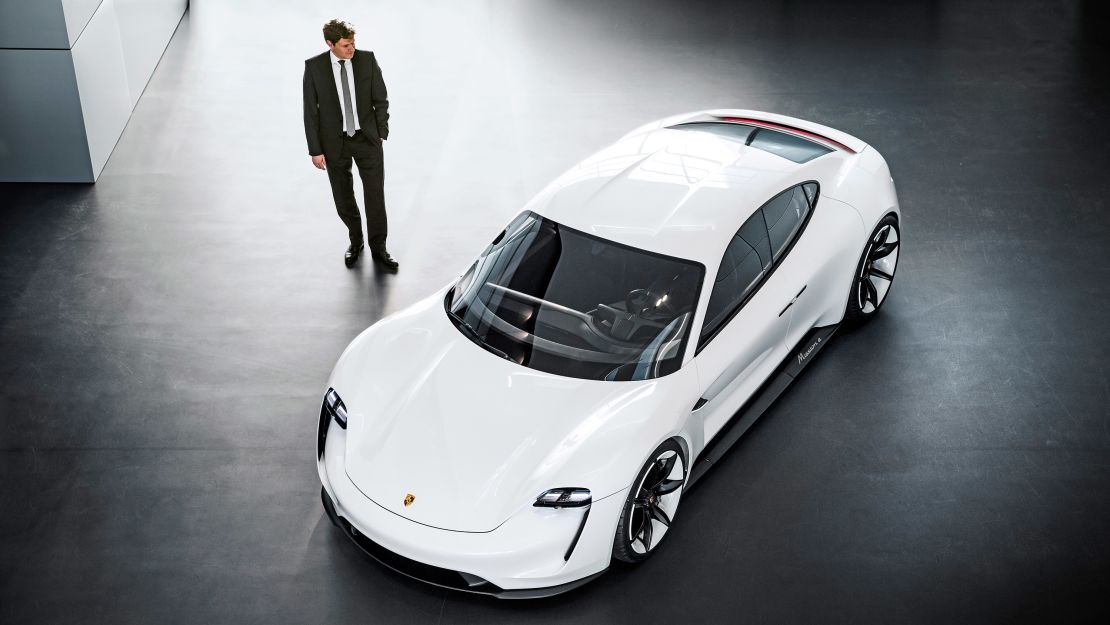
BMW used an airplane’s belly to show off a concept version of an electric SUV it plans to begin selling in 2021. Shown to reporters inside a cargo plane as it stopped at different cities around the world, the BMW Vision iNext was a large crossover SUV with an outsized version of the BMW “kidney” grill on the front. Inside, the car’s interactive technology was designed to be as unobtrusive as possible. Knobs and screens are designed to hide themselves away when not needed.
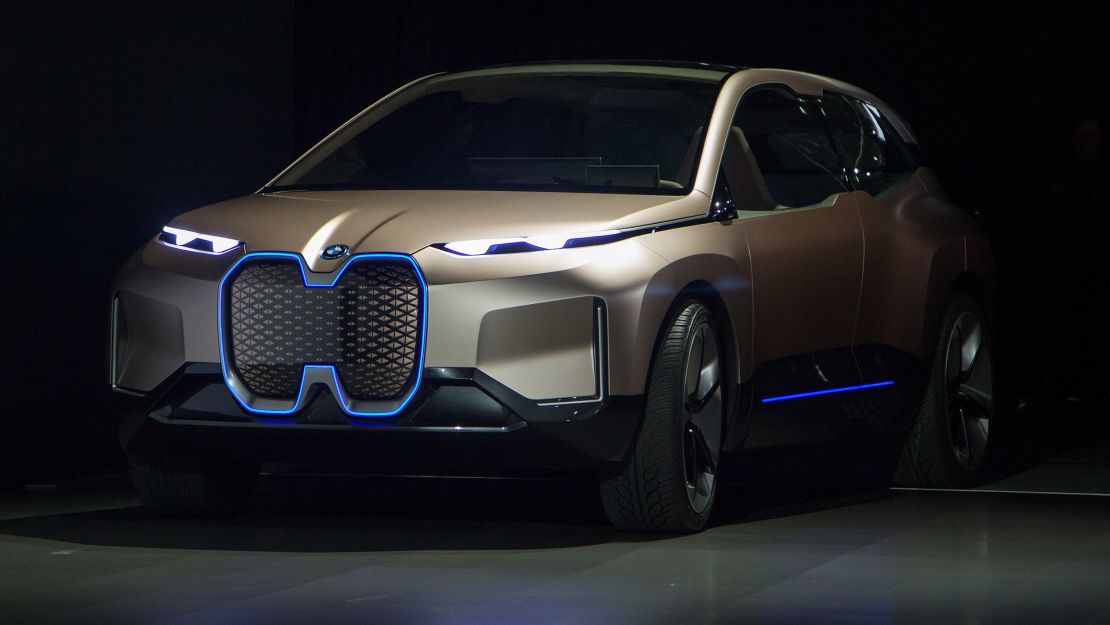
Arriving before the Vision iNext, the BMW iX3 crossover should go on sale earlier in 2020. It was designed using BMW’s new “flexible” engineering which allows for the same model to be produced in gasoline, plug-in hybrid and fully electric versions. The iX3 will be built in China and exported globally.
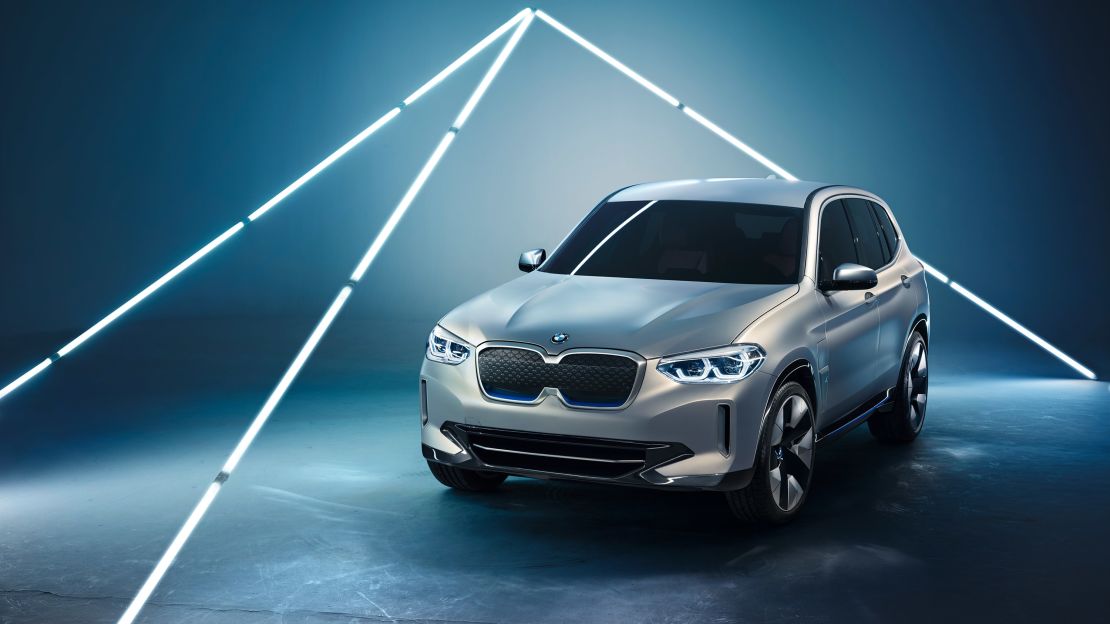
Mini, a subsidiary of BMW, will offer its new electric vehicle even earlier. There’s still not much information available about it – it hasn’t even been unveiled yet – but Mini representatives say it will go on sale next year.
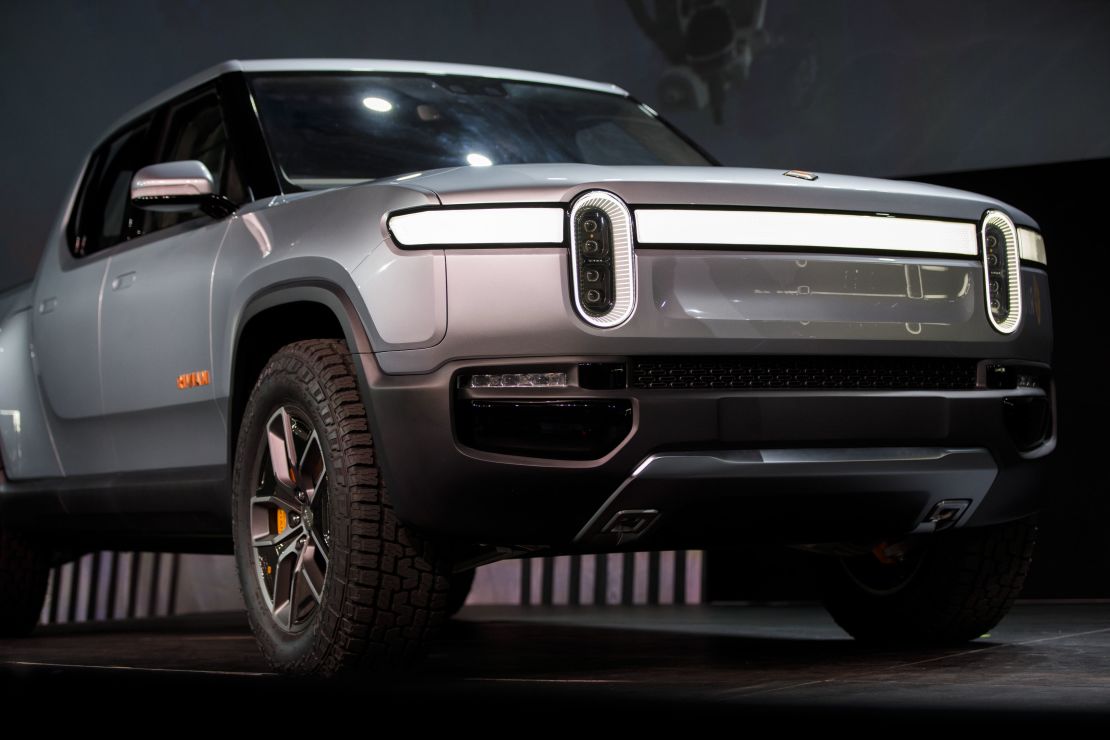
Michigan start up automaker Rivian is already taking reservations for its electric pickup, the R1T, and SUV, the R1S. They are being marketed for their genuine off-road capability, something not often touted in electric vehicles.The company expects them to go on sale in late 2020.



